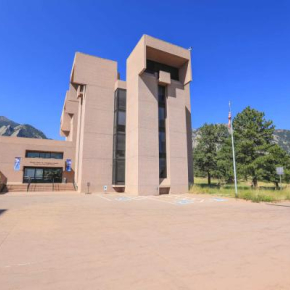Séminaire
Le changement climatique vu d'Amérique latine
Gaëlle Le Treut et Myanna Lahsen
Nouvelle séance du séminaire « Changement Climatique : Sciences, Sociétés, Politique » co-organisé par le Centre Alexandre-Koyré (EHESS-CNRS) et l’ENS (CERES). Un vendredi sur deux de 14 h à 17h, du 17 septembre 2021 au 21 janvier 2022 à l’École Normale Supérieure.
Description
Gaëlle Le Treut (CIRED)
Décarboner l’économie en Amérique latine: transformations, implications, et enjeux de développements. Zoom sur l’Argentine
Pour limiter le réchauffement climatique en dessous de 2 °C, les pays sont invités à intensifier leurs engagements climatiques et à développer des stratégies nationales pour décarboner leurs systèmes énergétiques d’ici 2050. Dans beaucoup de pays d’Amérique latine, cela nécessiterait des transformations rapides qui auront des implications économiques de grande envergure. Ces impacts doivent être compris par les décideurs pour pouvoir articuler les enjeux socio-économiques et de développement à l’urgence climatique. L’exposé sera principalement illustrée par le cas argentin.
Myanna Lahsen (Linkoping University (Sweden), INPE (Brazil))
Is climate skepticism mostly a Northern phenomenon? Examining Assumptions through the Case of Brazil
« Climate skepticism” has become a defining feature of a broader phenomenon of anti-environmentalism. According to current sociological knowledge, the phenomenon is predominantly found in the United States and a few other highly fossil-fuel intensive wealthy countries of the Global North, manifesting itself especially little in less developed countries and exceptionally little in Brazil. Whereas current analysts of climate change coverage in Brazilian media find anti-environmental forces to play a minimal role in Brazil as in other countries the global South, and even hold Brazil’s media’s climate coverage up as a positive foil to that of the United States, I argue that they fail to detect the exceptionally powerful and effective ways in which Brazil’s political and economic elites place limits on public understanding, debate and vitally needed policies to address both climate change and natural resource depletion. I suggest that these anti-environmental forces have escaped social scientists’ detection because of US-centric assumptions and methods ill-suited for detecting their particular forms and structural power in Brazil.
Informations supplémentaires
Cette séance se tiendra à l’ENS, salle Dussane, 45, Rue d’Ulm (Paris 5e) de 14 h à 17 h Elle sera également accessible en ligne via le lien de connexion :
https://us02web.zoom.us/j/87926042210






